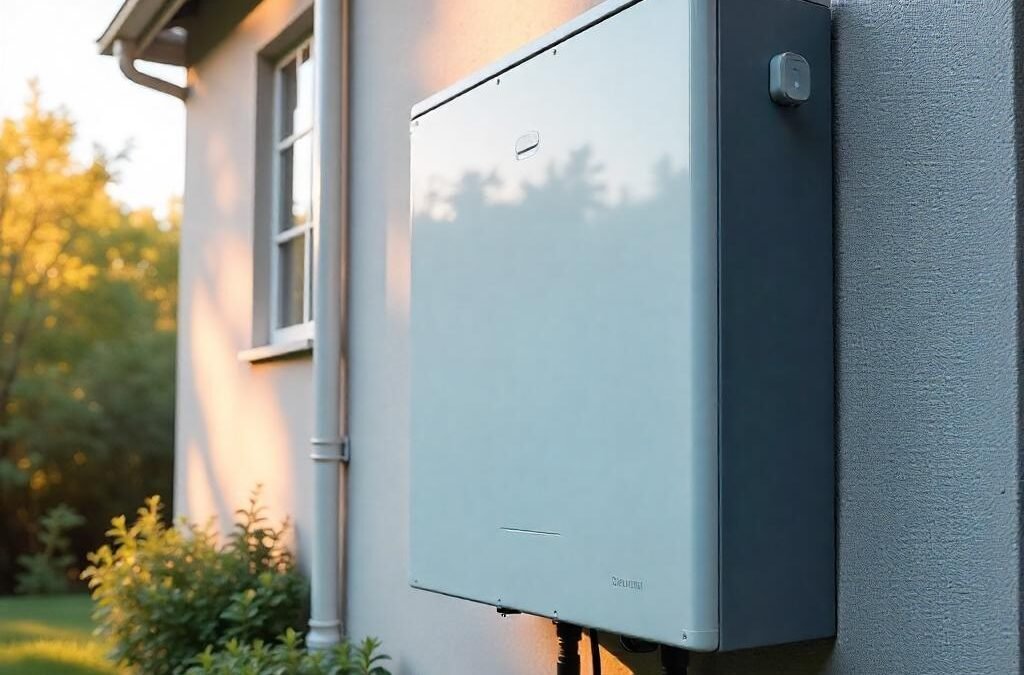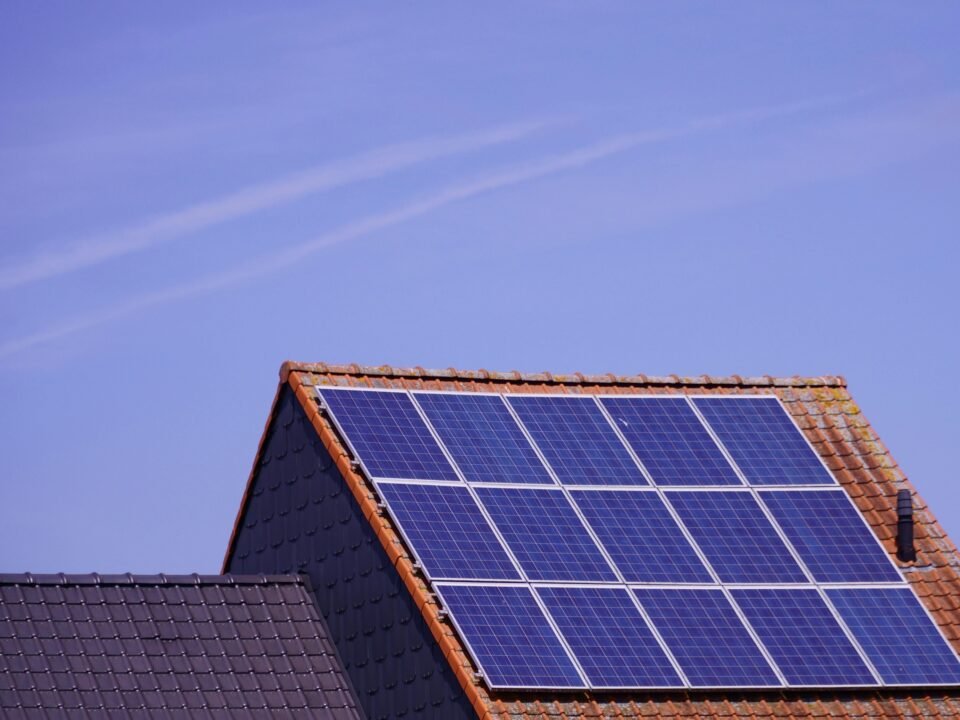Introduction
As renewable energy systems continue to gain popularity among homeowners and businesses, understanding the core components of these systems becomes crucial. One such essential component is the inverter, which converts direct current (DC) from solar panels or batteries into alternating current (AC) used in homes. Among the various types of inverters available, the grid tied inverter and off-grid inverter are two of the most commonly compared options. But which one is better for your needs?
In this blog, we’ll explore the key differences between a grid tied inverter and an off-grid inverter, their benefits and limitations, and help you decide which is the right choice for your energy setup.
What Is a Grid Tied Inverter?
A grid tied inverter, also known as a grid-connected or on-grid inverter, is designed to work with a power grid. It converts the DC electricity generated by solar panels into AC electricity and feeds it directly into the electrical grid.
Key Features of a Grid Tied Inverter:
- Works in synchronization with the utility grid
- Automatically shuts down when the grid is down (for safety reasons)
- Often used in net metering systems, allowing you to earn credits for excess electricity
What Is an Off-Grid Inverter?
An off-grid inverter is used in systems that are completely disconnected from the utility grid. These systems are common in remote areas or where power outages are frequent.
Key Features of an Off-Grid Inverter:
- Operates independently of the power grid
- Requires battery storage to function
- Enables full energy independence, even in remote locations
Grid Tied Inverter: Pros and Cons
Pros:
- Cost-Effective Setup
Grid tied systems are generally more affordable since they do not require batteries for energy storage. - Net Metering Benefits
Many utility companies offer net metering, allowing you to sell excess electricity back to the grid and earn credits. - High Efficiency
Because they operate directly with the grid, grid tied inverters are usually more efficient in delivering power. - Lower Maintenance
Without batteries, grid tied systems have fewer components, leading to reduced maintenance costs and complexity.
Cons:
- No Backup During Outages
Grid tied systems shut down when the grid goes down, meaning you’ll lose power during blackouts unless you have a backup system. - Reliance on Utility Grid
Your energy independence is limited since the system depends on the availability and reliability of the grid.
Off-Grid Inverter: Pros and Cons
Pros:
- Complete Energy Independence
Ideal for remote locations or those seeking total control over their energy supply. - Backup Power Available
With batteries, off-grid systems can provide power during outages or nighttime when solar power isn’t available. - Self-Sufficiency
These systems are designed to meet all your energy needs without any reliance on public infrastructure.
Cons:
- Higher Initial Costs
Off-grid systems require batteries, charge controllers, and sometimes even backup generators, making them more expensive. - Complex Installation and Maintenance
Managing batteries and ensuring proper energy storage requires regular maintenance and more technical knowledge. - Risk of Power Shortage
If the battery system is not adequately sized, you may run out of power during cloudy days or long periods of low sunlight.
Grid Tied Inverter vs Off-Grid: A Detailed Comparison
| Feature | Grid Tied Inverter | Off-Grid Inverter |
|---|---|---|
| Connection | Connected to utility grid | Independent of grid |
| Battery Requirement | Not required | Required |
| Cost | Lower initial cost | Higher initial cost |
| Power During Outage | No (unless hybrid system) | Yes |
| Maintenance | Low | Moderate to High |
| Best For | Urban areas with stable grids | Remote areas or full independence |
Hybrid Inverter: The Best of Both Worlds?
If you’re torn between both options, a hybrid inverter might be the perfect solution. It combines features of both grid tied and off-grid systems. A hybrid system allows you to stay connected to the grid while also using battery backup for energy storage.
Advantages of Hybrid Inverters:
- Access to net metering
- Backup power during outages
- Flexible energy management
However, hybrid inverters come at a higher price point and require a more complex setup.
Which Inverter Is Better for You?
The answer depends on your specific needs and circumstances.
- Choose a Grid Tied Inverter if:
- You live in an area with reliable utility power
- You want to reduce your electricity bills
- You’re interested in net metering
- You prefer a lower initial investment
- Choose an Off-Grid Inverter if:
- You live in a remote area without grid access
- You want full energy independence
- You’re prepared for higher costs and maintenance
- You require power during frequent outages
Conclusion
Understanding the differences between a grid tied inverter and an off-grid inverter is essential for making the right decision for your energy system. While a grid tied inverter is more cost-effective and ideal for urban settings with a stable grid, an off-grid inverter offers complete independence for those in remote locations or with greater energy autonomy in mind.
In the end, choosing between these options depends on your location, budget, and energy goals. If you’re still unsure, consulting with a solar energy expert can help design a customized solution that fits your specific needs.



